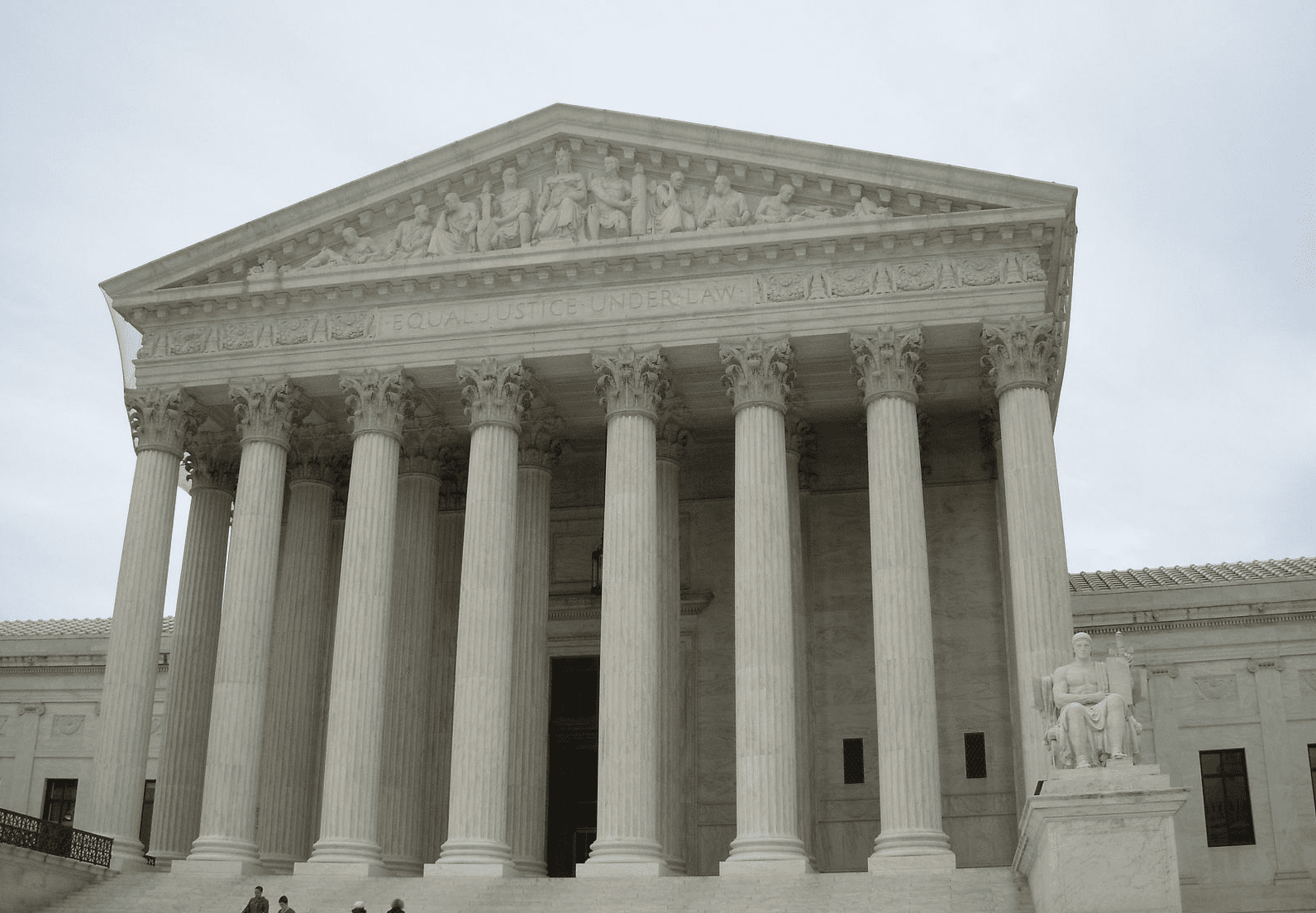Bio
Born in India, Professor Radhika Rao moved to the U.S. when she was a year old, growing up in Massachusetts. Professor Rao attended Harvard College, where she studied Physics and Chemistry while anchoring for WHRB news and acting in various plays. After spending a year working for a securities firm in Tokyo, she decided to abandon science for a career in the law. She graduated magna cum laude from Harvard Law School and served as Supreme Court Editor of the Harvard Law Review.
After graduation, she clerked for Judge Richard Cudahy of the United States Court of Appeals for the Seventh Circuit and Justices Harry Blackmun and Thurgood Marshall of the United States Supreme Court. Professor Rao teaches and writes in the areas of constitutional law, comparative constitutional law, property, and the law of the human body. She has been a visiting professor at Brooklyn Law School, the University of Michigan Law School, and the University of Trento in Italy.
Professor Rao has written articles on abortion, assisted reproduction, cloning, stem cell research, genetic privacy, gene patenting, and property rights in the human body, some of which have been translated into Italian and Chinese. She was a member of the California Advisory Committee on Human Cloning, and currently serves on the California Human Embryonic Stem Cell Research Advisory Committee.
Education
-
Harvard Law School
J.D., Law -
Harvard College
B.S., Physics and Chemistry
Selected Scholarship
-
Informed Consent, Body Property, and Self-Sovereignty
Journal of Law Medicine & Ethics 2016 -
How (Not) to Regulate Assisted Reproductive Technology: Lessons from "Octomom"
Family Law Quarterly 2015 -
Genes and spleens: property, contract, or privacy rights in the human body?
The Journal of Law, Medicine & Ethics 2007 -
Equal liberty: assisted reproductive technology and reproductive equality
George Washington University Law Review 2007 -
Coercion, Commercialization, and Commodification: The Ethics of Compensation for Egg Donors in Stem Cell Research
Berkeley Technology Law Journal 2006 -
Property, Privacy and the Human Body
Boston University Law Review 2000 -
Reconceiving Privacy: Relationships and Reproductive and Reproductive Technology
University of California Los Angeles Law Review 1998 -
Assisted Reproductive Technology and the Threat to the Traditional Family
UC Law SF Journal 1996




